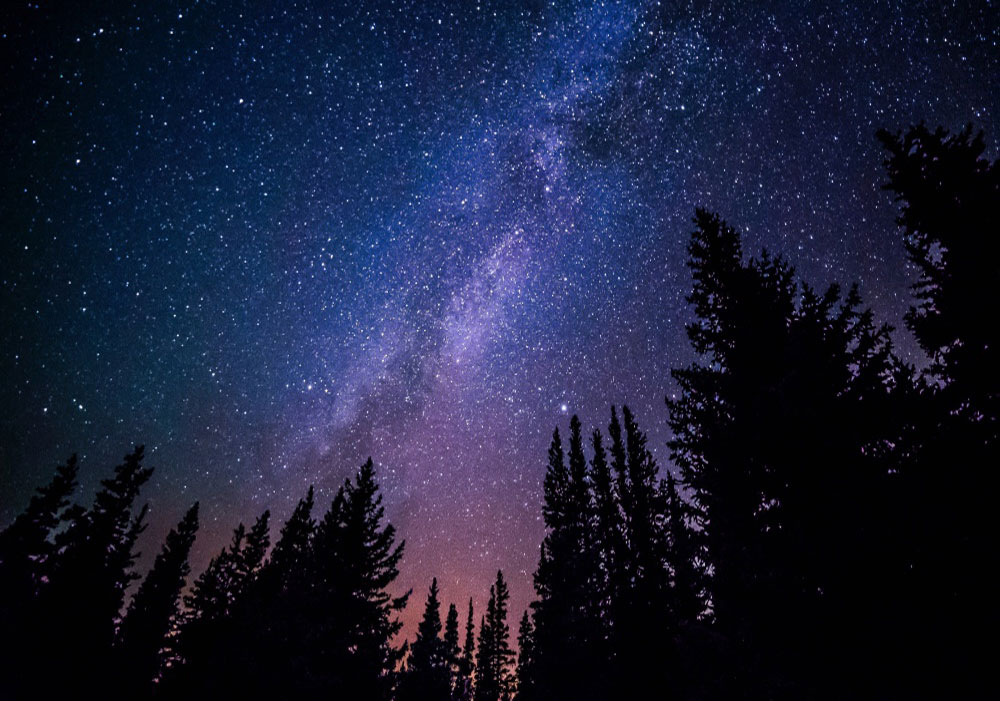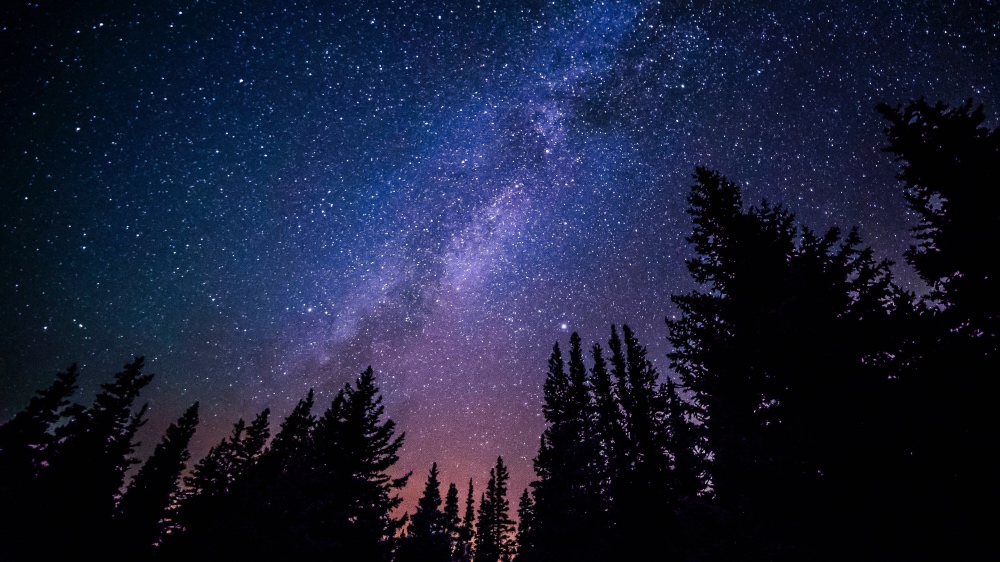
Following news Australia’s first designated “Dark Sky Reserve” has been declared in South Australia, DAVID ADAMS takes a look at what “Dark Sky Places” are all about…
A site in South Australia was this week designated Australia’s first “Dark Sky Reserve”. Here’s a quick primer to what “Dark Sky Places” are all about…
• Australia’s first Dark Sky Reserve is located in South Australia. Consisting of some 2,300 square kilometres located 120 kilometres north-east of Adelaide, it’s known as the ‘River Murray Dark Sky Reserve‘. Testing in January, 2017, of the darkness in the region, using a scale of 1 to 22 with 22 being total darkness, showed the level of darkness there to be 21.97.
• There are at least 15 certified Dark Sky Reserves in the world, with locations ranging from the Brecon Beacons National Park in Wales to central Idaho in the US and the NamibRand Nature Reserve in Namibia.

Dark Sky Places are all about getting a clearer view of the night sky (note, this picture wasn’t necessarily taken in an officially designated Dark Sky Place). PICTURE: Ryan Hutton/Unsplash
• Accreditation is by the International Dark Sky Places Program whch was founded by US-based non-profit organisation, the International Dark-Sky Association, in 2001 “to encourage communities, parks and protected areas around the world to preserve and protect dark sites through responsible lighting polices and public education”. Dark sites are useful for astronomy and proponents say designation as a Dark Sky Place can lead to a tourism boom.
• A Dark Sky Reserve can be on public or privately owned land but must possess “an exceptional or distinguished quality of starry nights and nocturnal environment that is specifically protected for its scientific, natural, educational, cultural, heritage and/or public enjoyment”. It consists of a “dark ‘core’ zone surrounded by a populated periphery where policy controls are enacted to protect the darkness of the core”.
• Dark Sky Reserves are just one of six designations offered under the IDSP Program. Others include International Dark Sky Communities – “cities and towns that adopt quality outdoor lighting ordinances and undertake efforts to educate residents about the importance of dark skies”; International Dark Sky Parks – public or private spaces “protected for natural conservation that implement good outdoor lighting and provide dark sky programs for visitor”; and, International Dark Sky Sanctuaries – described as “the most remote (and often darkest) places in the world whose conservation state is most fragile”.
• Altogether there are more than 120 accredited Dark Sky Places worldwide. That includes the Warrumbungle National Park in New South Wales which was declared Australia’s first Dark Sky Park in 2016 and the Australian Age of Dinosaurs museum in Winton, Queensland, which was declared a Dark Sky Sanctuary earlier this year.
• Sites have to go through what’s described as a “rigorous” application process to receive accreditation.
• The first Dark Sky Park to be officially designated was the Natural Bridges National Park in the US on 6th March, 2007. The US is now home to the largest number of Dark Sky Places of any nation in the world.
• New Zealand, which has three accredited Dark Sky Places – Aoraki Mackenzie International Dark Sky Reserve, Great Barrier Island Dark Sky Sanctuary and the Stewart Island/Rakiura Dark Sky Sanctuary – is reportedly making a bid to become the world’s first Dark Sky country.





